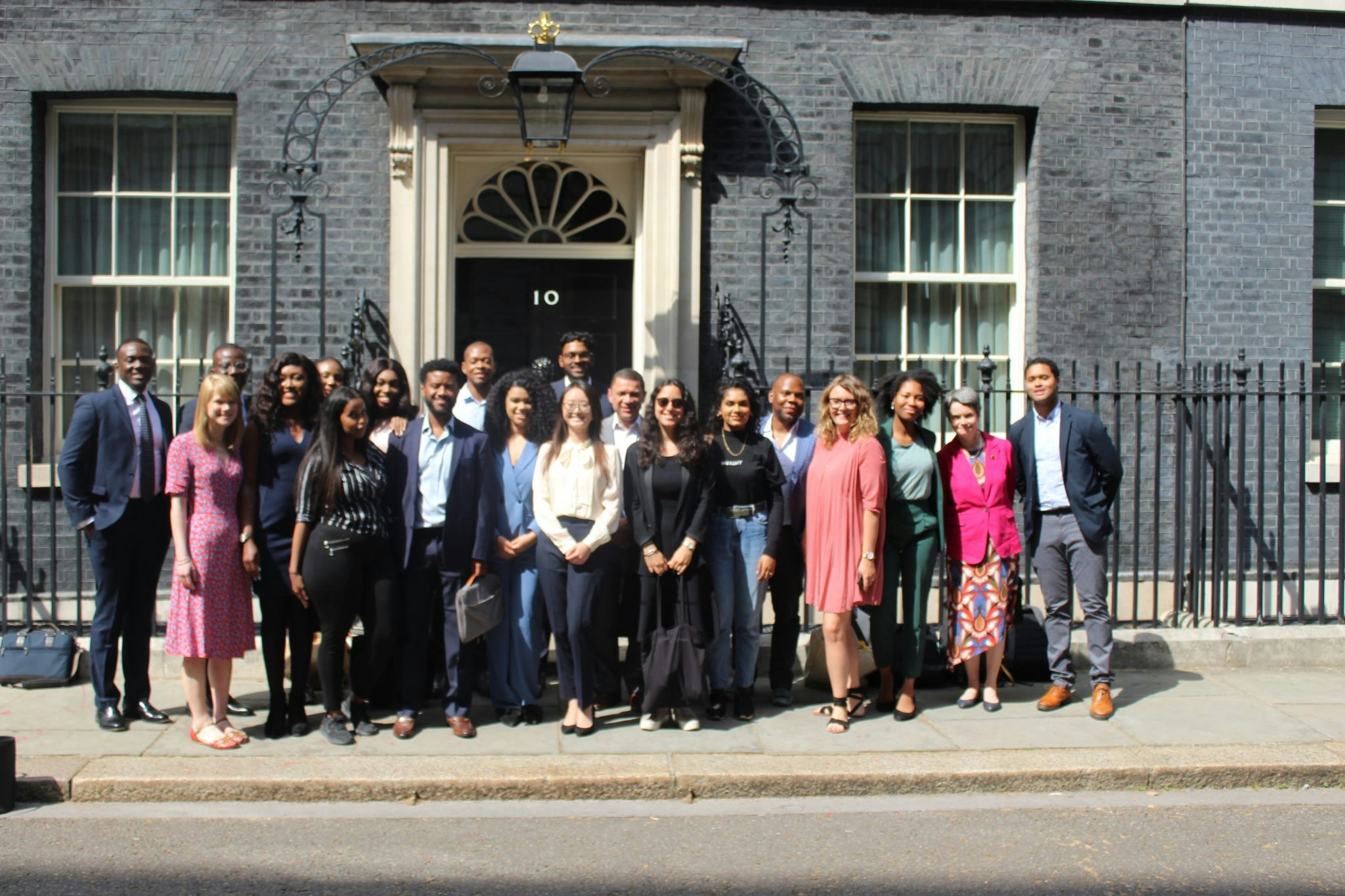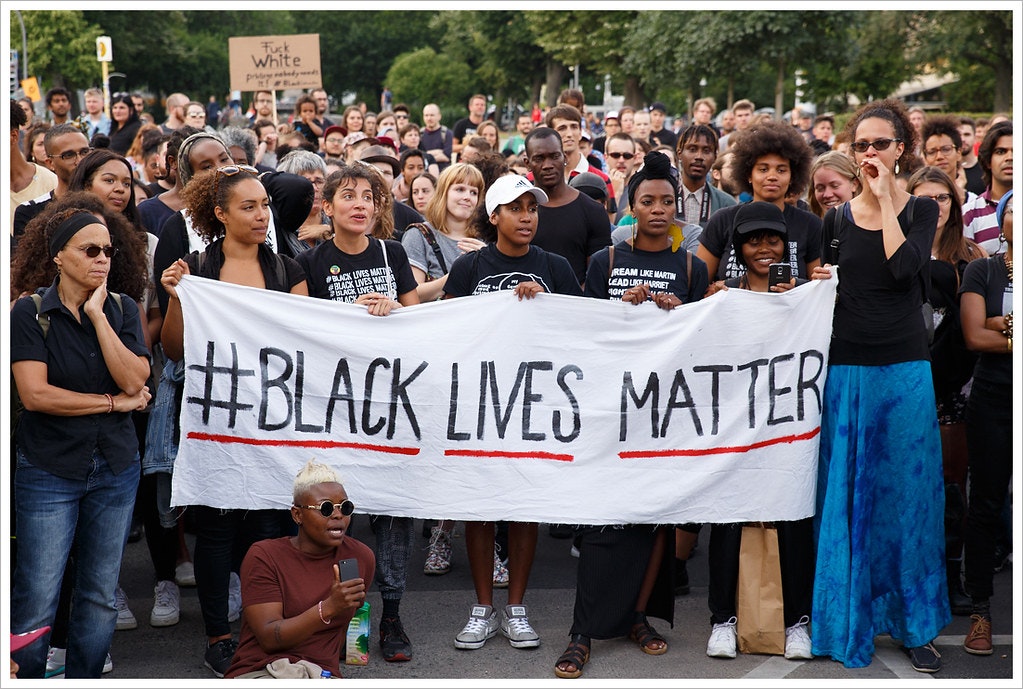A new peer review article came out earlier this week. It demonstrated, in a 50-year longitudinal study assessing 350,000 companies, that white people are detrimental to businesses’ bottom line. It concluded that with fewer white people, companies could increase their profitability by at least 25%.
VCs and investors — rational business people that you are — you know what you need to do!
Just joking.
There is no such study. No one has ever commissioned this research or thought it useful.
That’s because it’s a truth widely believed that white people are entitled to run companies and funds. And of course no one needs research in an area when they already know the answer.
Instead, we see report after report proving the ‘business case’ for diversity. Boston Consulting Group tells us in a 2018 study that diverse management teams reported innovation revenue that was 19% higher than that of companies with below-average leadership diversity. Such studies become the fodder that those from marginalised backgrounds are compelled to compile and cite to ‘convince’ their executives to engage in even superficial ‘inclusion’ initiatives.
But supposed inclusion work that looks at how the people already leading businesses (generally any combination of white people, middle class people, heterosexual people, cis people, non-disabled people and/or men) can reap further material rewards seems decidedly ill-suited for anything other than vacuous press releases, ineffective committees and events where the canapé budget far outweighs resources allocated for anything more meaningful.
Ignoring wider social and historical realities
The diversity ‘business case’ continues to place a burden on marginalised groups that is simply not expected of those who don’t experience inequities.
It also dangerously ignores and perpetuates the historical processes that got us here.
The diversity ‘business case’ continues to place a burden on marginalised groups that is simply not expected of those who don’t experience inequities.
Slavery was maintained precisely because of its business case — exploitation and extraction is profitable. It’s also why it was British slave owners who received government reparations in 1833 to the tune of £16.5bn in today’s money — rather than people who had been enslaved — when slavery was technically abolished. The priority was those who had already materially benefited from this violent institution.
Today, the economic disenfranchisement of marginalised groups continues. Exclusion from the traditional labour market means that in the UK people of colour are a third more likely to be in precarious work than white people. Across Europe, women, migrants and disabled people are also more likely to be in such work — especially for those living across multiple inequities.
What’s more, many of these people may be engaging in the low paid, insecure work that highly-valued technology platforms like Deliveroo and Uber couldn’t exist without for their services. They are essential to the business structure that makes it possible for other, more valued staff to take home big salaries; staff who are — surprise — most likely to be white, middle class, non-disabled and men.
Conditions for success
But let’s also turn to what else may happen when this is the framework in which companies engage in so-called inclusion work. If a disabled person, a trans person, a working class person (or any combination of the above) does get hired, they may join this place of work with the weight of expectation that their societal marginalisation — their experience of pain on some level — is somehow going to bump the company’s returns. Those are not the conditions in which a person can thrive.
Thriving includes the space to gloriously fail without it being weaponised against you. And permission to take creative risks isn’t afforded to marginalised folks in the ‘business case’ context — because if their choice doesn’t pay off, the real risk is that people like them won’t be ‘let in’ again. Inequities function by attributing anything negative to marginalised people as a group, while individualising anything negative for those with societal privileges.
When the world economy was brought to its knees in 2008, no one concluded ‘we better not hire any more white men!’
When the world economy was brought to its knees in 2008, with almost all major financial institutions implicated in the systemic failings, no one concluded ‘we better not hire any more white men!’
No one listens to the business case anyway
Finally though, the business case doesn’t even work. McKinsey and others have been churning out report after report for the last 20 or so years ‘demonstrating’ the value of diversity. Faced with the research, it’s fair to say there are very few other things a company could do that would have such a positive impact on their company. For example, top-quartile companies on executive-level gender diversity worldwide had a 21% likelihood of outperforming their fourth-quartile industry peers on EBIT margin.
What those of us who don’t experience inequities must confront is that the system has been designed and rigged in our favour already."
What those of us who don’t experience inequities must confront is that the system has been designed and rigged in our favour already — we are already, even if we do not intend it or notice it, reaping the benefits based on being white, a man, non-disabled, middle class, cis gender, heterosexual etc. When those of us with the power to redirect strategy, time and resources in our companies and who don’t experience inequities demand a business case as proof that marginalised groups have a right to be in ‘our’ places of work we are in fact continuing to exclude. We are actually reconfirming that this is our terrain and we only let in those who serve us. That we need further advantages to engage in acknowledging the humanity of others is, well, audacious and arrogant.
Inclusion and equity work are actually about reorganising the world around us — and re-distributing power and resources. It is by definition hard. Personal and collective effort is required continually. And when the status quo really works for you and us — why would you want that?
The demand for a ‘business case’ and yet more data is therefore a perfect distraction, as Toni Morrison tells us, that has those advocating for greater participation of people like them, running around endlessly — because they will never be proof enough for the people that ask it.
Any approach that seeks to prioritise those already prioritised will by definition only succeed in maintaining the status quo. Instead, if you’re currently part of the business case brigade, save everyone time and interrogate how you benefiting can be compatible with challenging systemic inequities you don’t face. And after that self-reflection, if there is any inclination within you at all to engage in the work of inclusion, know what you have to do: de-prioritise your interests and bin the business case.



